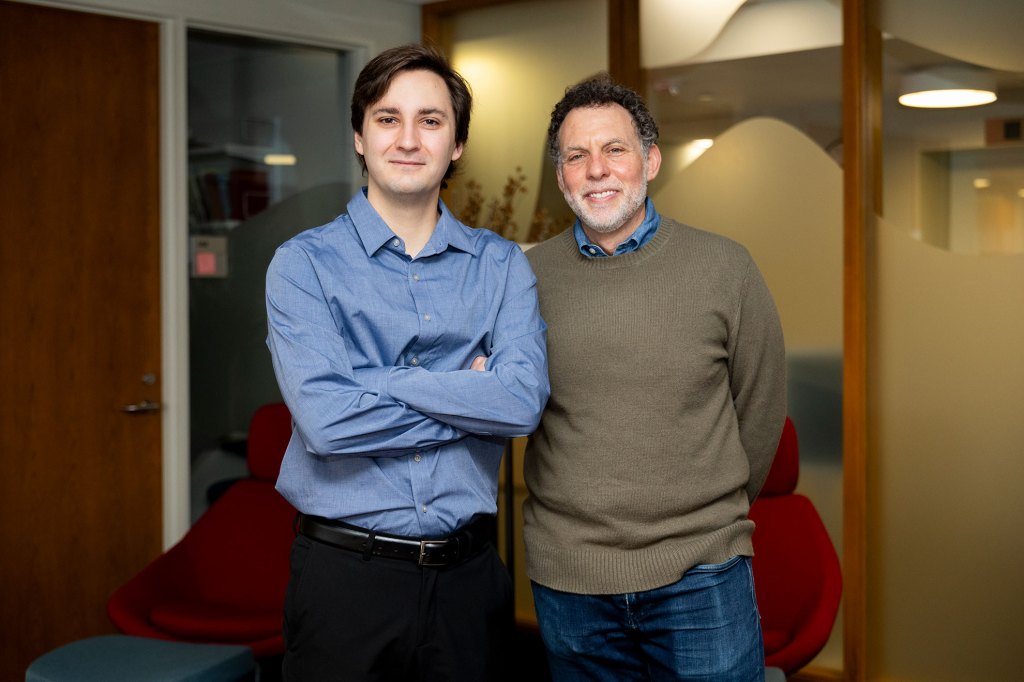
Findings
Insights, discoveries, and analysis from Harvard scholars and scientists.
-
 Science & Tech
Science & TechA ‘cocktail’ recipe for brain cells
Stem cell biologists discover how to regenerate type damaged in ALS, spinal cord injuries
-
 Health
HealthDrinking 2-3 cups of coffee a day tied to lower dementia risk
Caffeinated tea also found to slow cognitive decline in study
-
 Science & Tech
Science & TechBreaking chess’s rating stalemate
Ranking skill can be tricky when the best players draw more than they win, so a Harvard statistician invented a new method
-
 Health
HealthNew AI tool predicts brain age, dementia risk, cancer survival
Unlike other AI models, BrainIAC needs limited data to ID key neurological health indicators
-
 Health
HealthParental firearm injury linked to surge in children’s psychiatric diagnoses
Trauma/post-traumatic stress disorder accounts for most of the increase, according to study
-
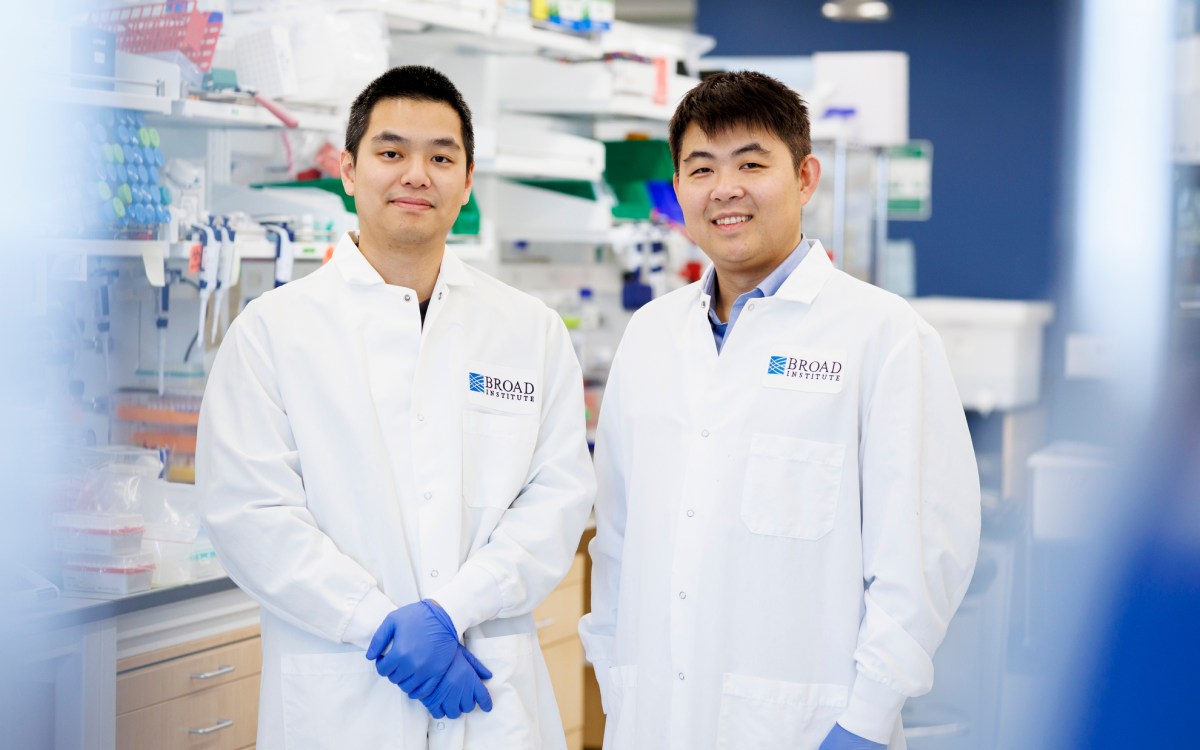 Science & Tech
Science & TechHow did that cancer cell become drug-resistant?
Researchers find way to create microscopic archives of gene activity to gain insights into how, why changes happen
-
Could lithium explain — and treat — Alzheimer’s?
Study offers new theory of disease and strategy for fighting it
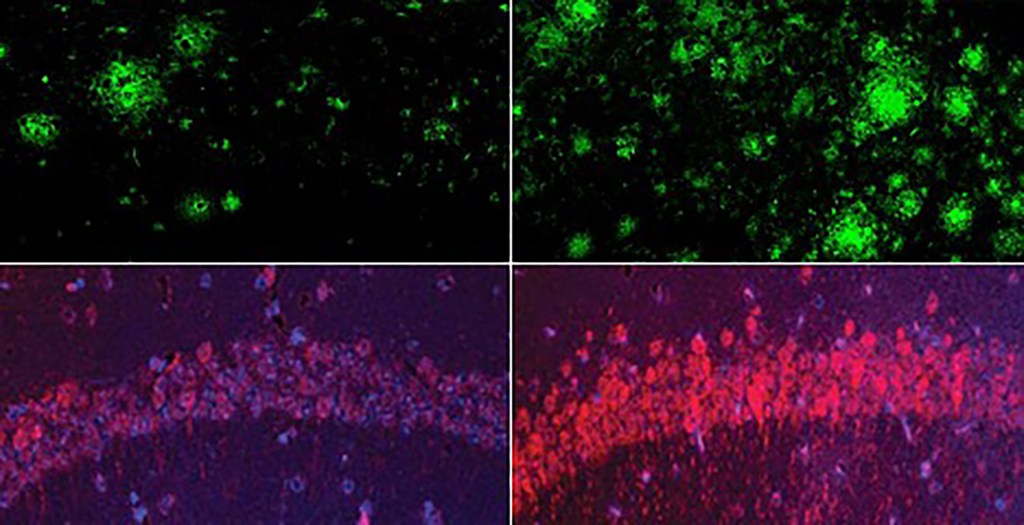
-
What your credit score says about how, where you were raised
Study looks at national disparities, finds bill-paying habits emerge by early adulthood, influence upward mobility
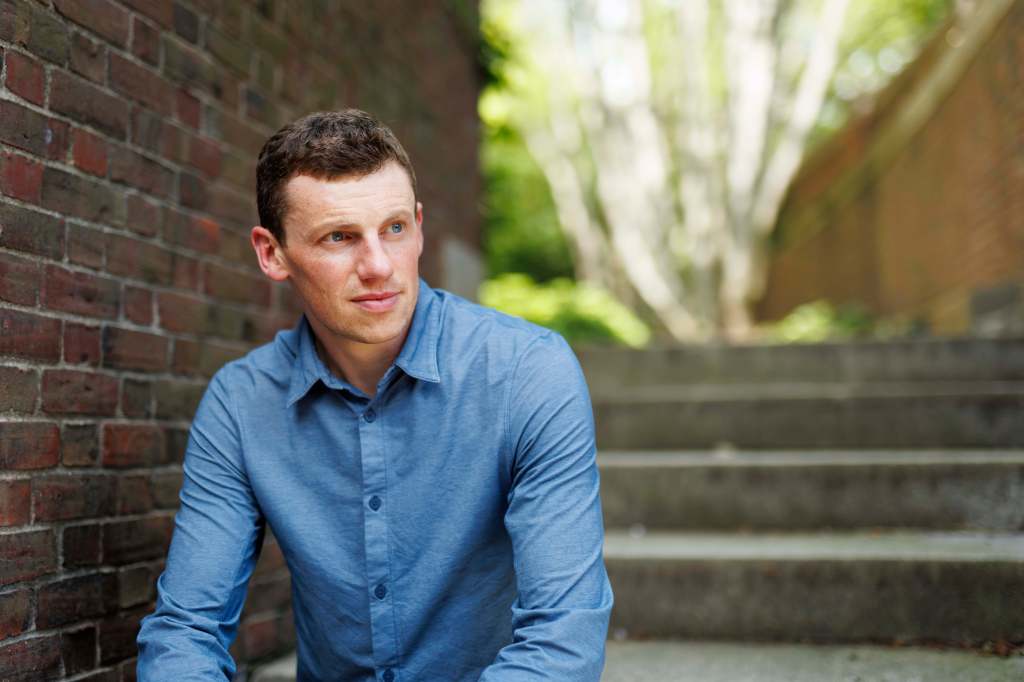
-
Working through pain? You’re not alone.
Researchers use Dutch tool to pursue full scale of functional limitations in U.S. labor force

-
Taking a second look at executive function
New study suggests what has long been considered innate aspect of human cognition may be more a matter of schooling

-
You’re a deer mouse, and bird is diving at you. What to do? Depends.
Neural study shows how evolution prepared two species to adopt different survival strategies to take advantage of native habitats
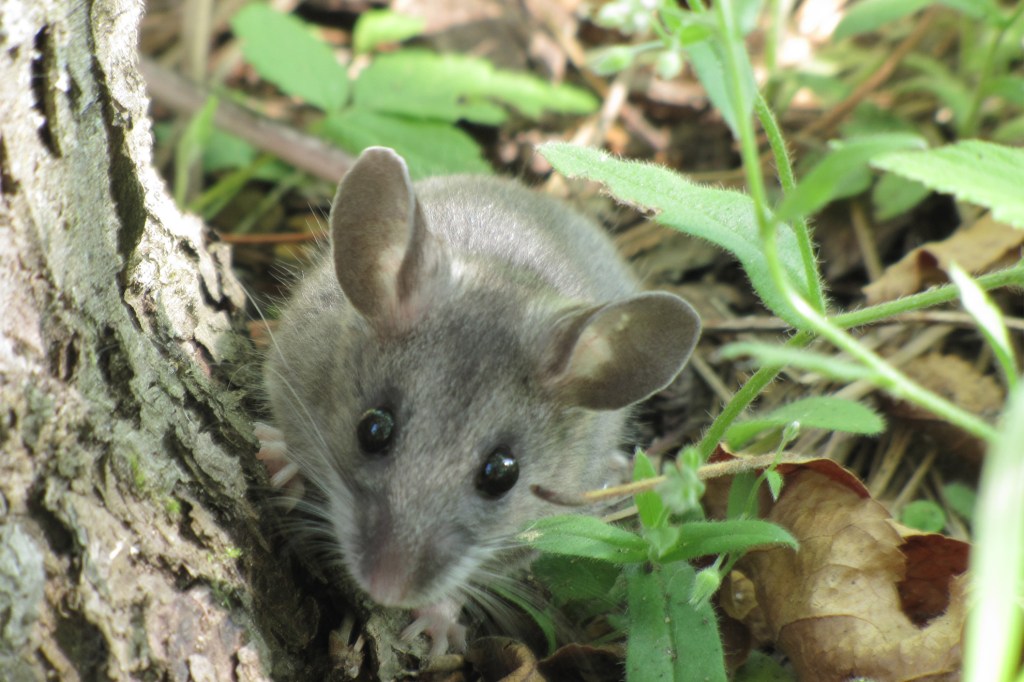
-
A step toward solving central mystery of life on Earth
Experiment with synthetic self-assembling materials suggests how it all might have begun
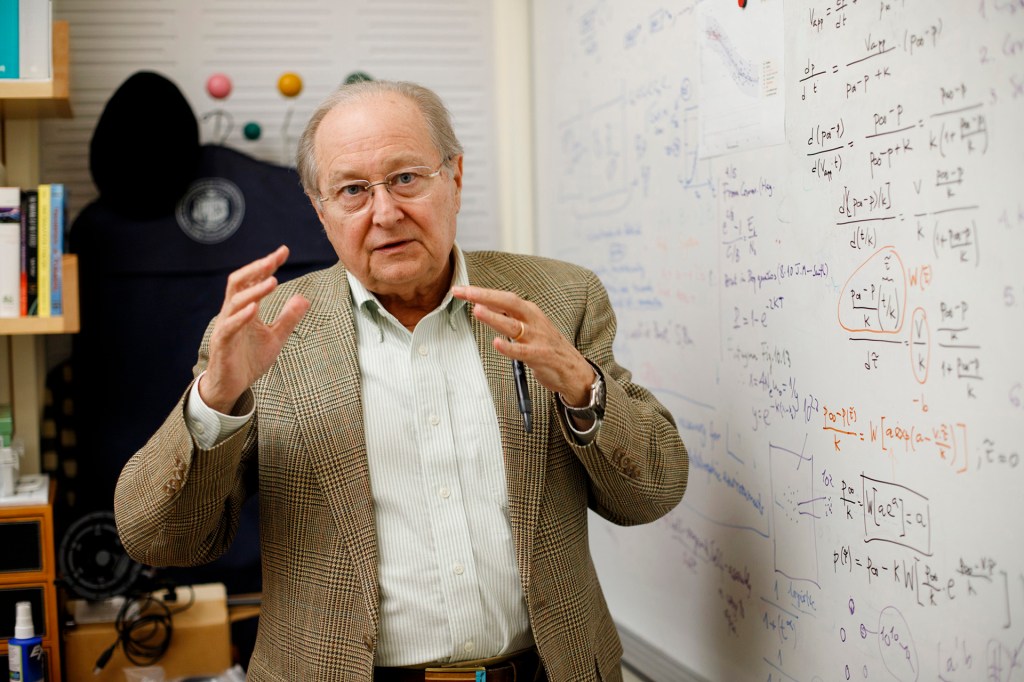
-
Going to bed earlier may help you hit fitness goals
New study finds link between sleep curfew, higher levels of moderate-to-vigorous physical activity

-
Overlooked climate-change danger: Wildfire smoke
Researchers rush to get hands around multiple serious health risks as blazes mount — and get bigger

-
Ancient DNA solves mystery of Hungarian, Finnish language family’s origins
Parent emerged over 4,000 years ago in Siberia, farther east than many thought, then rapidly spread west
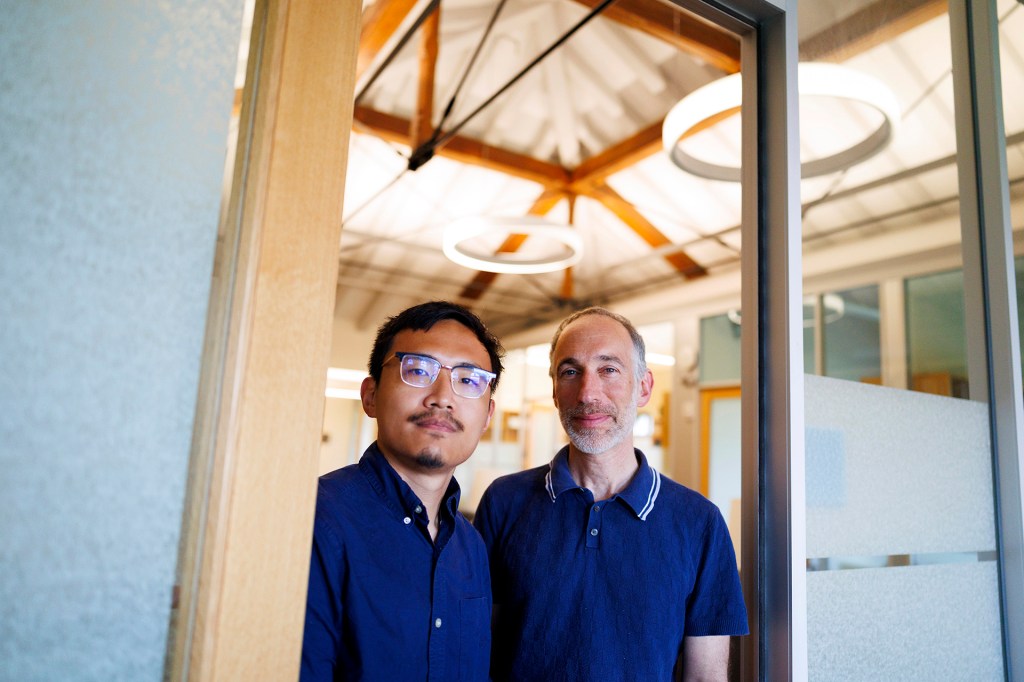
-
Hot dispute over impact
Harvard team argues oldest meteorite strike to Earth may be more recent, smaller than claimed; site may offer hints on asteroid craters, life on Mars

-
Long in the tooth
Research finds 18-million-year-old enamel proteins in mammal fossils, offering window into how prehistoric animals lived, evolved
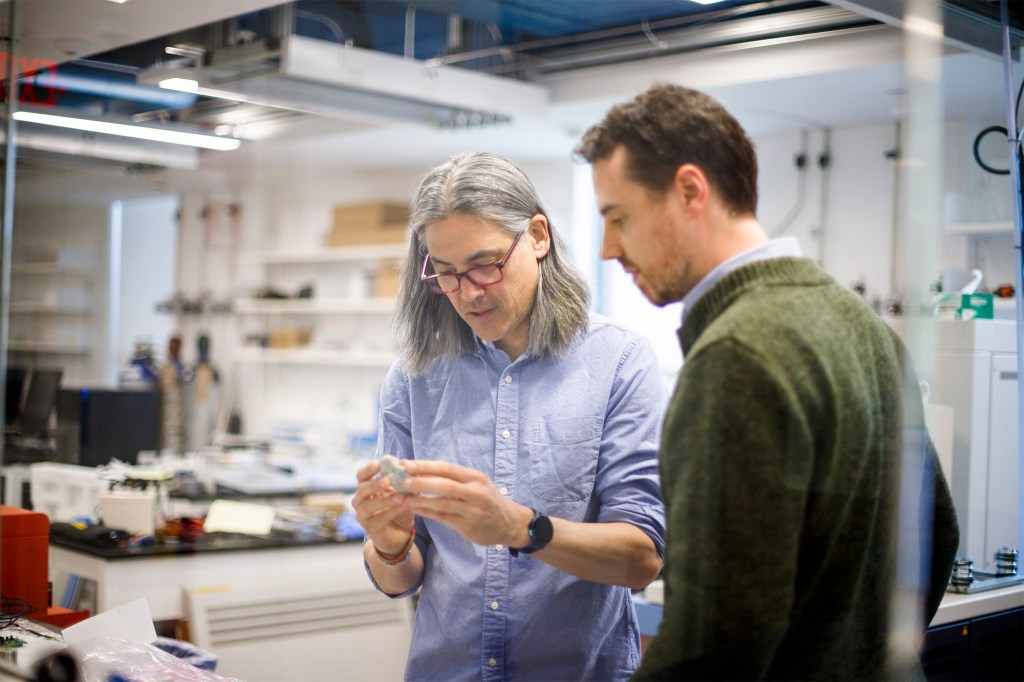
-
Why are women twice as likely to develop Alzheimer’s as men?
Researchers focusing on chromosomes, menopause
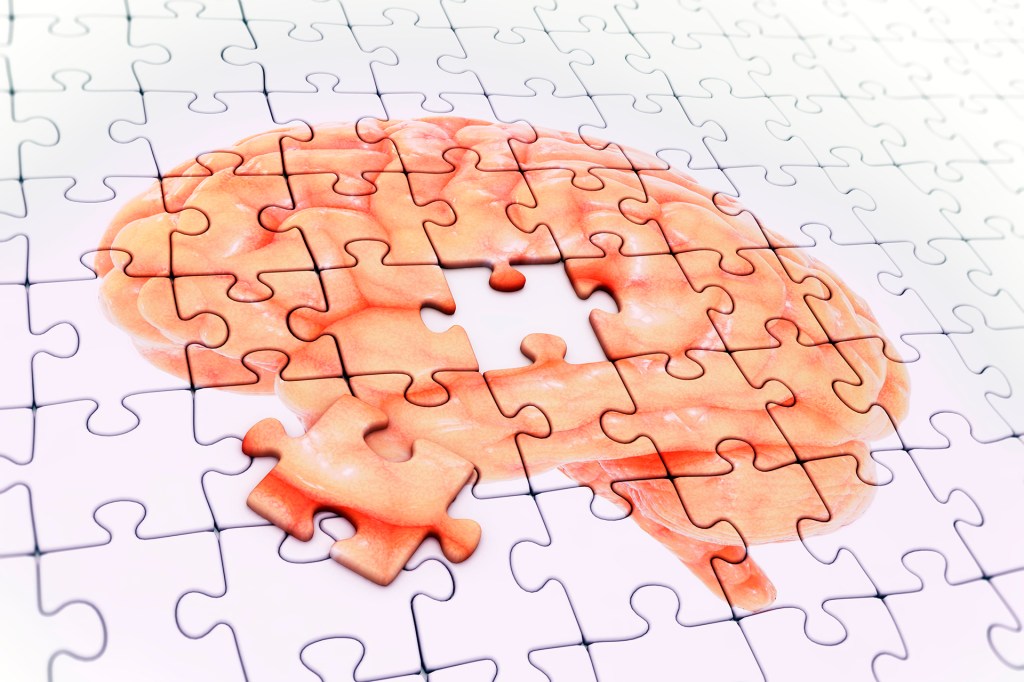
-
Meditation provides calming solace — except when it doesn’t
Researchers find ways to promote altered states of consciousness, reduce risks of distress that affect some

-
Mounting case against notion that boys are born better at math
Elizabeth Spelke studies French testing data, finds no gender gap until instruction begins
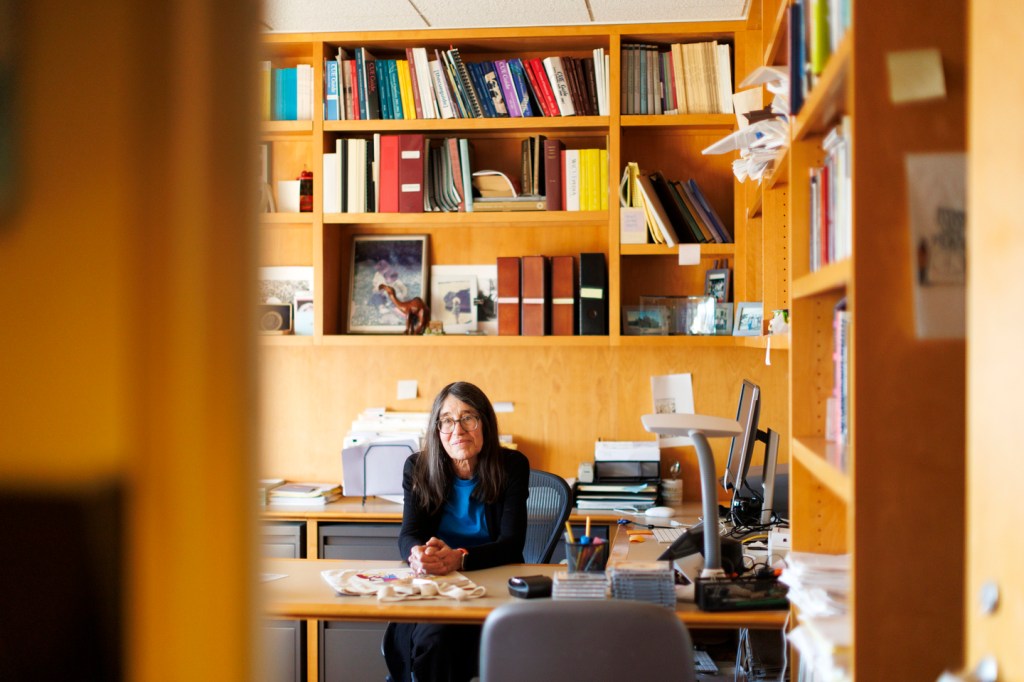
-
Forecasting the next variant
Harvard team fuses biophysics and AI to predict viral threats
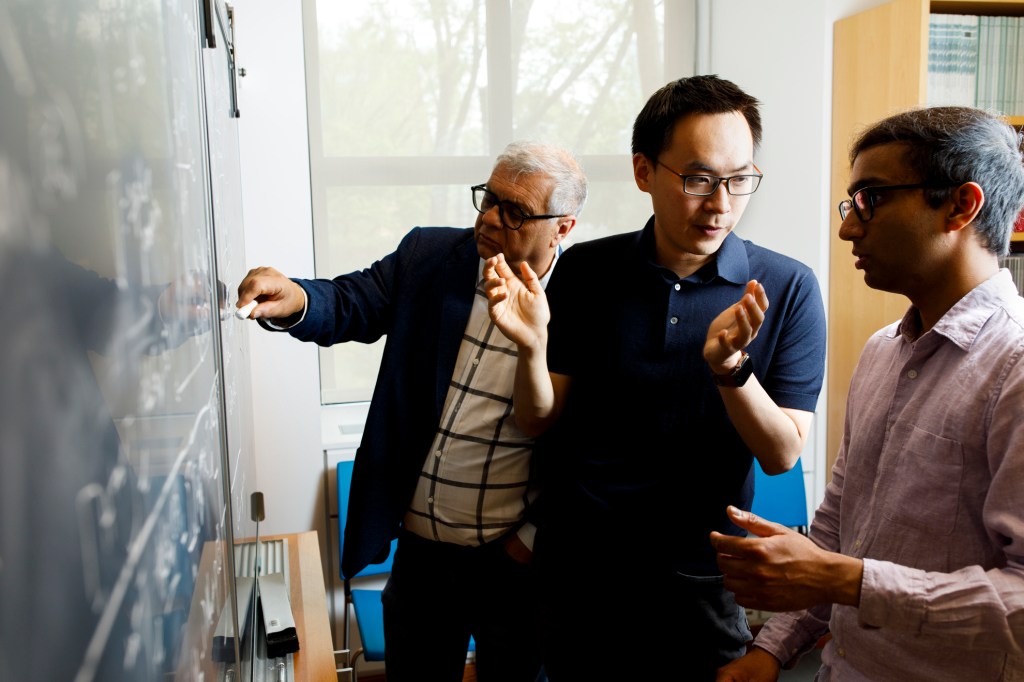
-
Can AI be as irrational as we are? (Or even more so?)
Psychologists found OpenAI’s GPT-4o showing humanlike patterns of cognitive dissonance, sensitivity to free choice

-
Unlocking the promise of CAR-T
Research on multiple fronts seeks to expand impact of a cancer therapy that has left patients and doctors awestruck
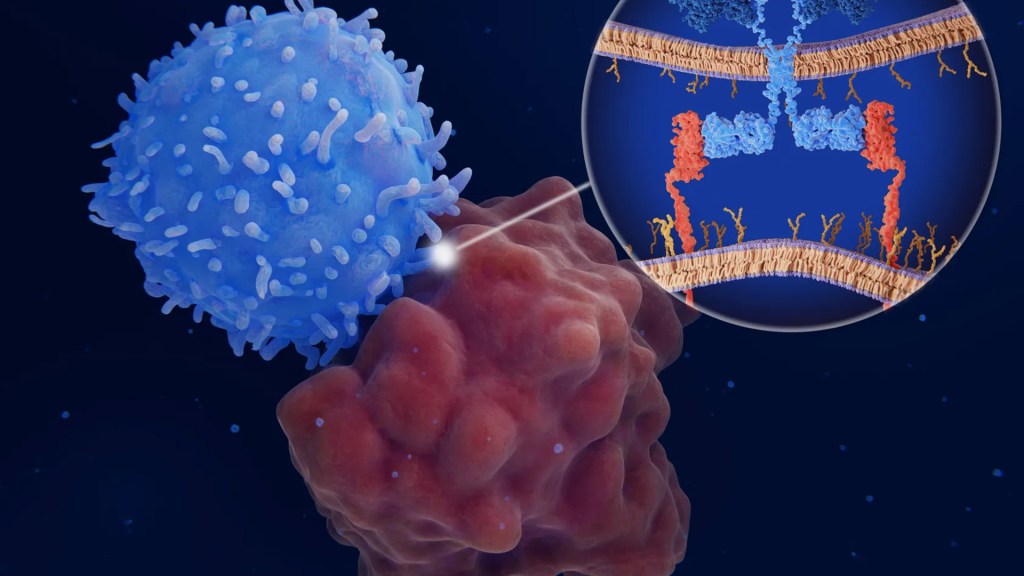
-
An exercise drug?
Researchers hope to harness the cognitive benefits of a workout for Alzheimer’s patients with mobility issues
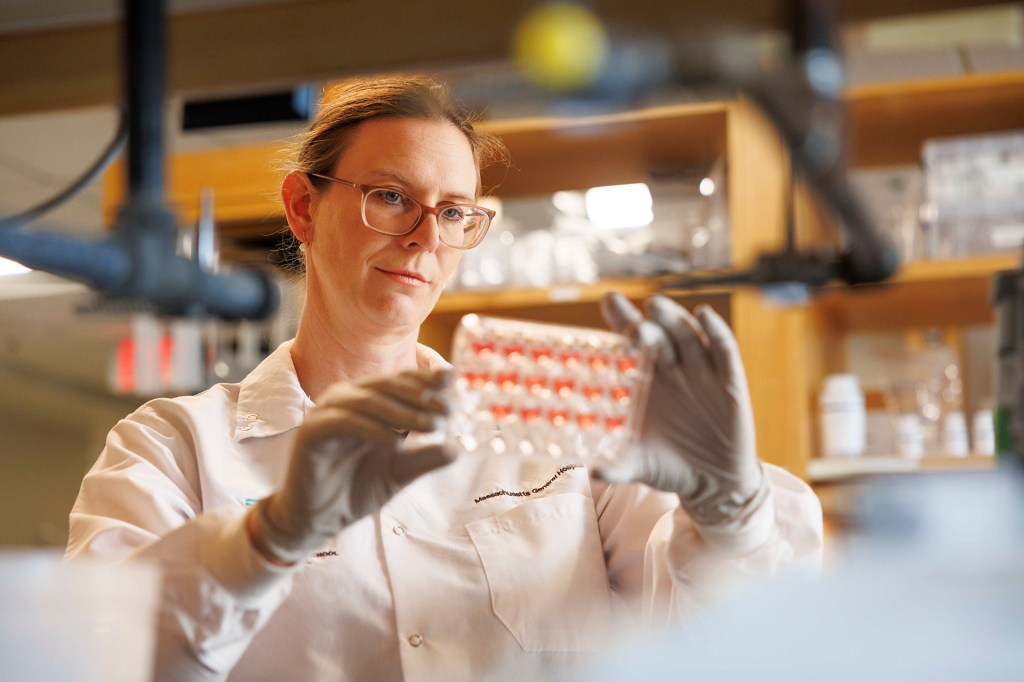
-
What Americans say about loneliness
Quiz digs into data on major public health concern

-
Got emotional wellness app? It may be doing more harm than good.
Study sees mental health risks, suggests regulators take closer look as popularity rises amid national epidemic of loneliness, isolation

-
Stealing a ‘superpower’
Study finds some sea slugs consume algae, incorporate photosynthetic parts into their own bodies to keep producing nutrients
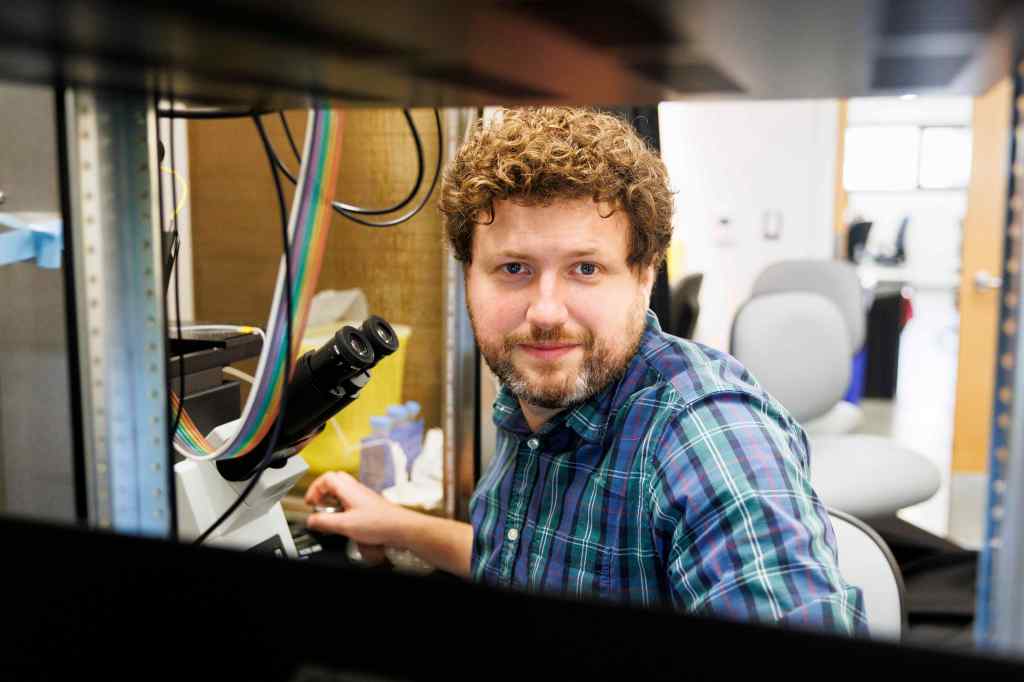
-
Reading skills — and struggles — manifest earlier than thought
New finding underscores need to intervene before kids start school, say researchers

-
A taste for microbes
New research reveals how the octopus uses arms to sense chemical clues from microbiomes

-
Out of sight but not out of mind
By 15 months, children can learn the names of objects they’ve never seen
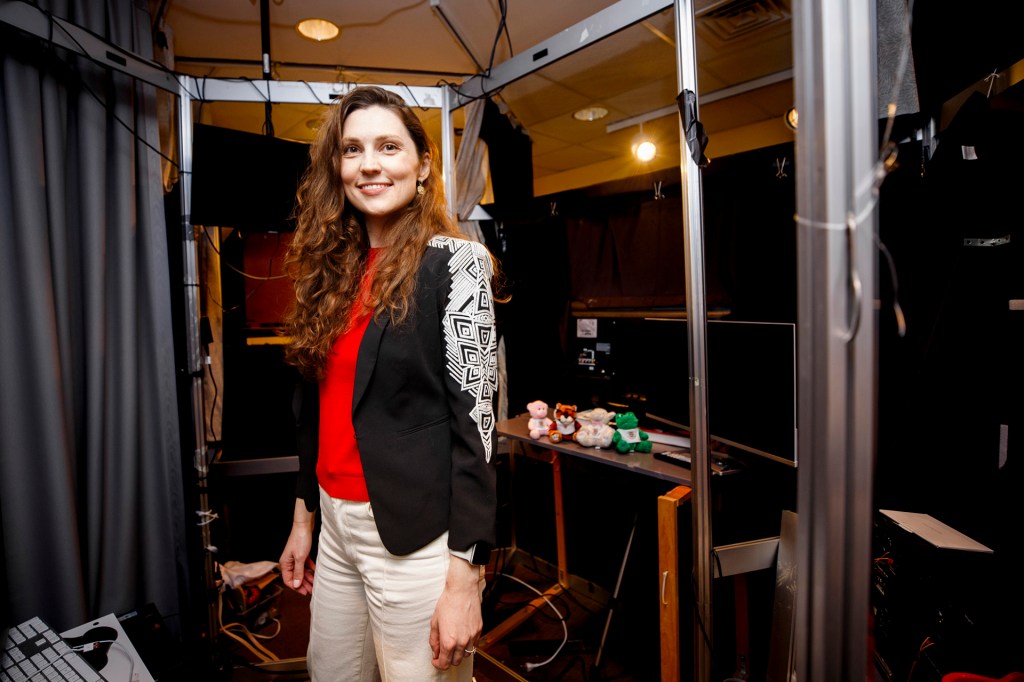
-
Remember when corporate America steered clear of politics on social media?
Study finds Twitter surge starting in 2017, most of it Democratic-leaning by surprising range of firms, with negative effects on stock price

-
What your brain score says about your body
Simple tool can be used to identify risk factors for cancer and heart disease too, says new study
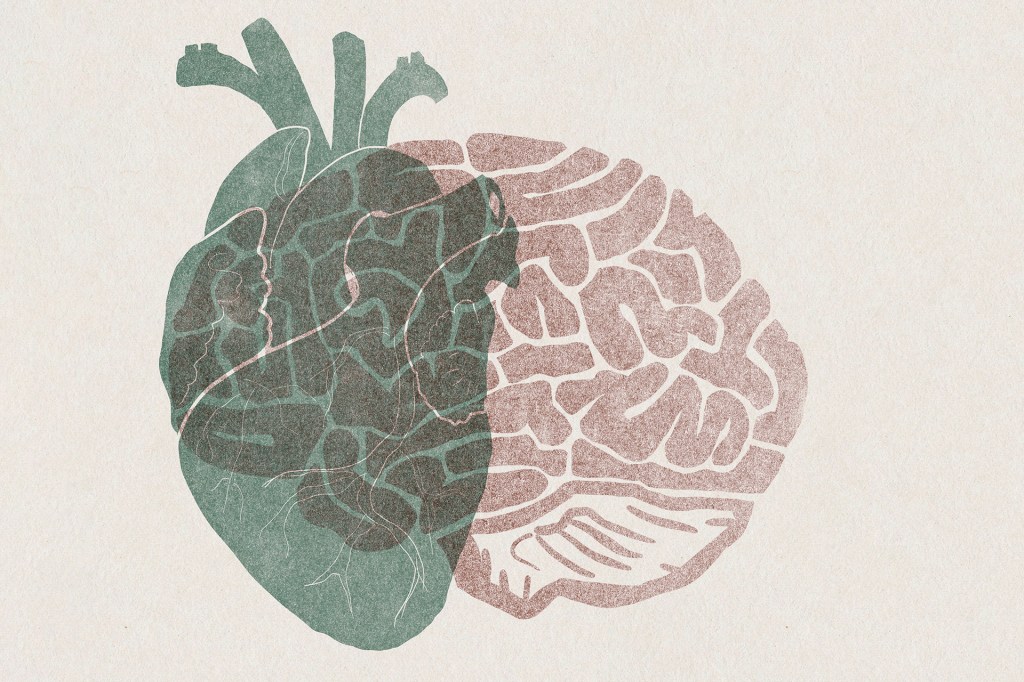
-
Youth gun deaths rise in states that relaxed laws
Study compares child mortality rates before and after 2010 Supreme Court ruling
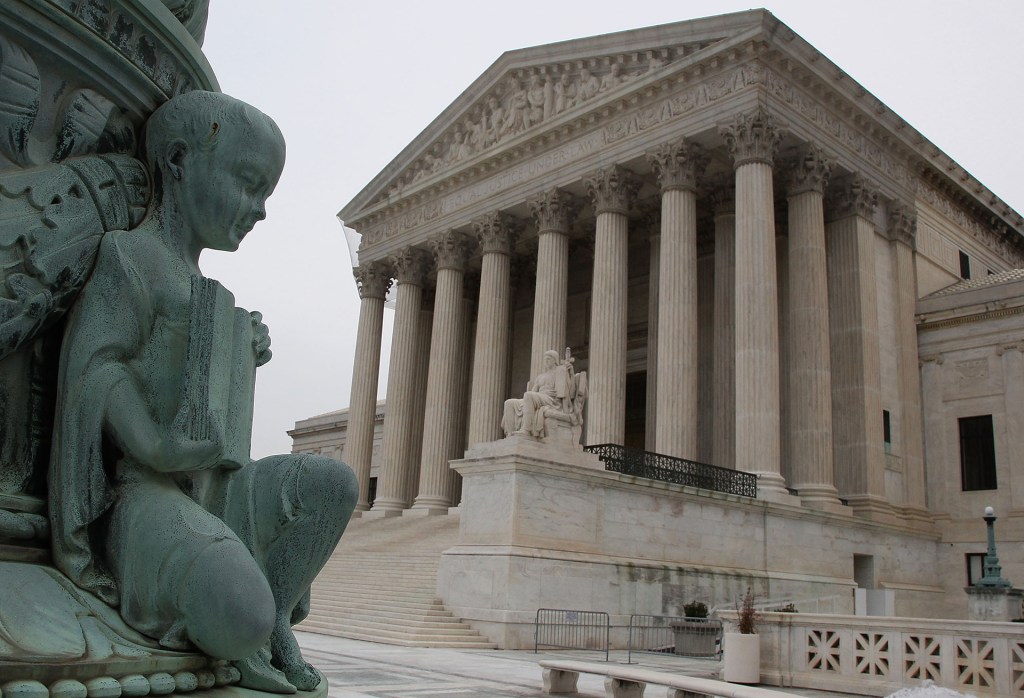
-
Son’s diabetes diagnosis sent scientist on quest for cure
Decades later, Doug Melton and team are testing treatment that could make insulin shots obsolete
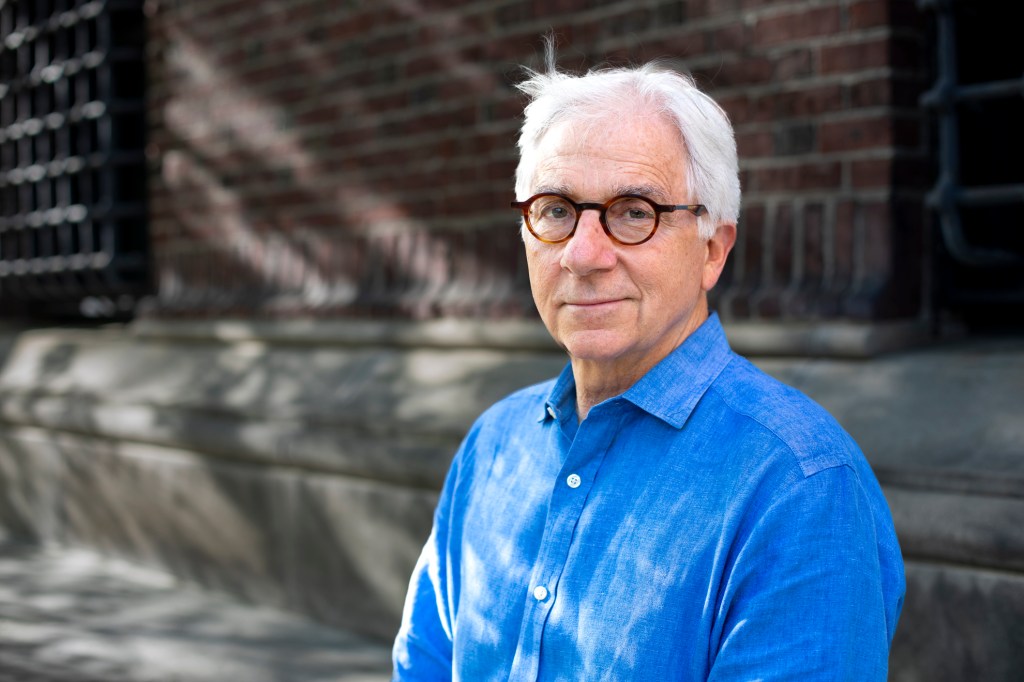
-
Wildfire smoke can harm heart and lungs even after the fire has ended
First study to fully assess its impact on all major types of cardiovascular, respiratory diseases

-
Social media fueled divisions. Teaming up may help heal.
Study finds pairing members of opposing parties on the same side to compete in specially designed quiz eases partisanship
